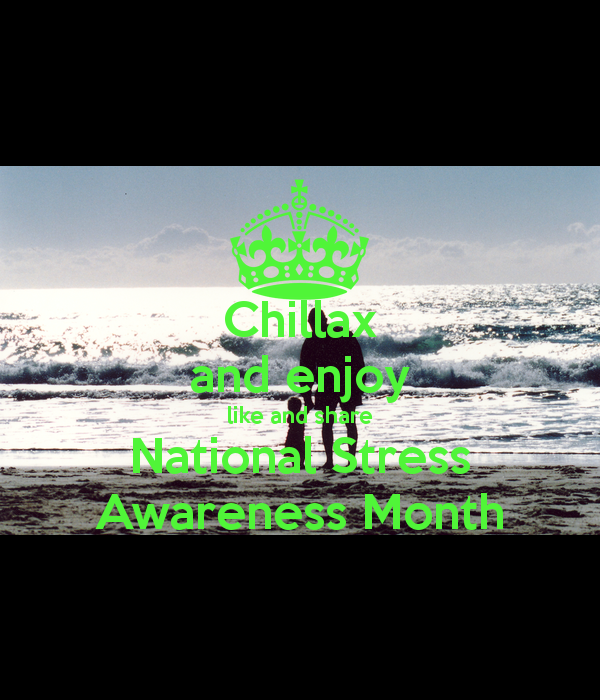
Animal Fats
High cholesterol is one of those medical issues that has been associated with the massive leaps in the standard of living for many people in the Twentieth century. With the changes in diet and the decline in manual labour more and more people suffer from high cholesterol. According to the US government around 17% of Americans have higher cholesterol than is good for them.
While high cholesterol has no direct symptoms it does increase the risks of heart disease and strokes.
So what, in fact, is cholesterol? Well it is a fat like substance that is vital to health. Both too much and too little can be injurious to health. It has a number of different functions. For example it helps build the membranes around your body cells. It is also important as a way of helping your body absorb various vitamins. For example vitamin D – for more information on the importance of vitamin D please have a look at this blog https://patienttalk.org/?p=300.
So how do we lower cholesterol?
If your doctor feels that you have a high cholesterol count, typically, they will recommend a change in diet and increasing the amount of exercise you do.
The sort of changes in diet normally recommended will be to reduce your consumption of foods which are high in saturated fat and cholesterol itself. These can include fatty cuts of meat and many processed foods as well as dairy products such as cheese and cream so you might want to seek out soya based alternatives. Doctors may also suggest you increase the amount of oily fish such as salmon and mackerel you consume.
Obviously if you do smoke now is the time to think about quitting. This blog might use useful if you are considering nicotine replacement therapy – https://patienttalk.org/?p=495.
However in some cases your doctor may feel that a medication may be appropriate. Typically these come in a number of forms:-
a) Statins. By far the most common type of medication as they block the production of cholesterol itself.
b) Bile Acid Resins. These stop bile (which is mainly cholesterol) from being absorbed into the body.
Other products such as fibrates and nicotinic acid can be used.
In very rare cases patient might go through a complex blood cleansing process.
One of the aims of this blog is to provide a forum for our readers to share their experiences of lowering cholesterol. Please use the comments box below to share any ideas and experiences with your fellow readers. Anything will be of interest but you may wish to think in terms of the following questions:-
a) How did you find out that you had high cholesterol? What was the testing process?
b) What changes in lifestyle (e.g. diet or exercise) did you make to help lower your cholesterol?
c) Have you used a cholesterol lowering medication? How effective was it?
d) What one piece of advice would you give to somebody who has just discovered that they have high cholesterol?
Thanks very much for all your help. As we said please do you the comments box below to add you thoughts, opinions or any links you think may be of use to other readers of the blog.


